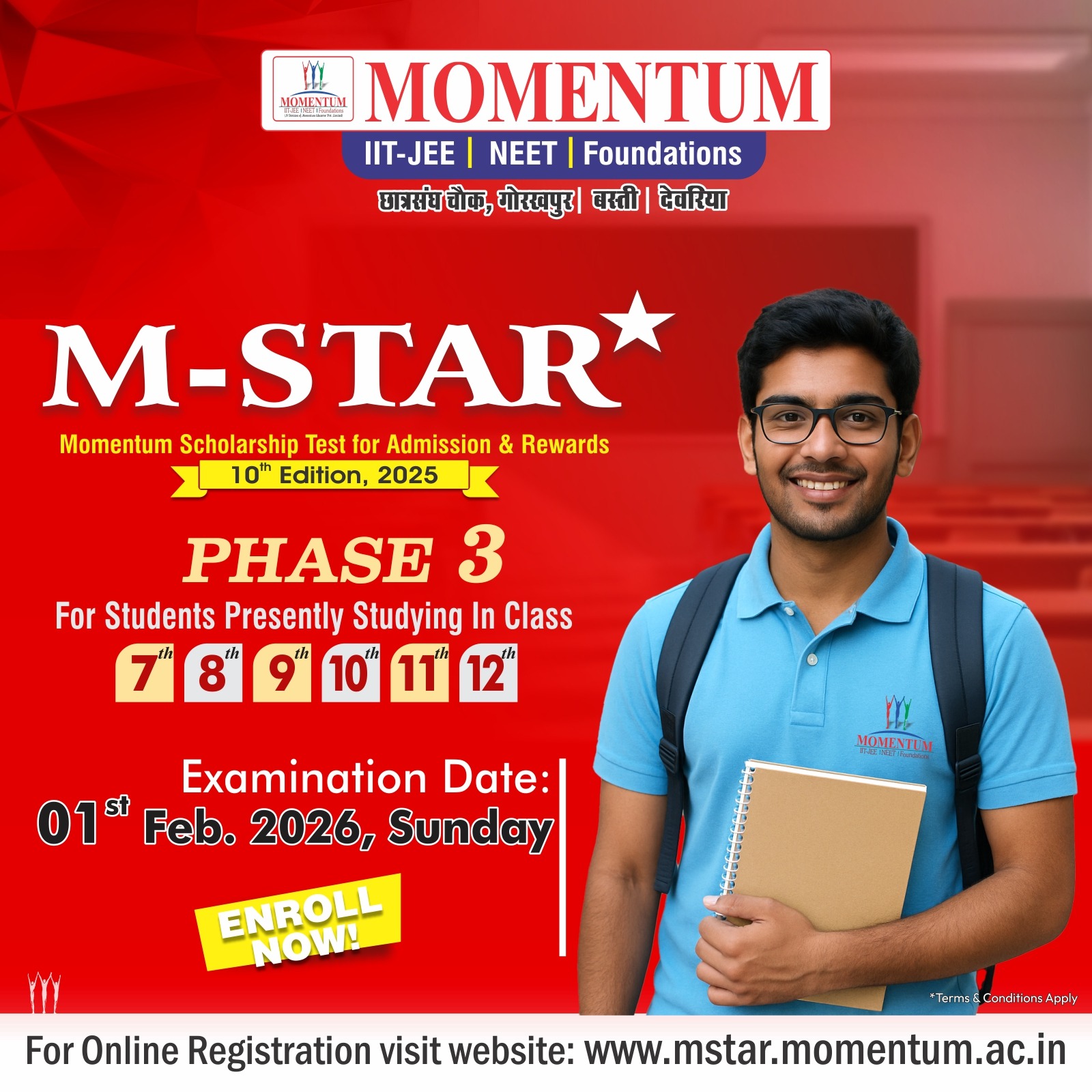How do the JEE Main and Advanced Exam Work? What Are Some Important Topics?

The JEE Exam is, without a doubt, one of the most demanding exams in India. It is not possible for everyone to pass this test. In order to achieve success on this exam, you need a lot of preparation and motivation. There is also a tendency for its pattern to change over time. As a result, it is necessary to keep students up to date.
As long as candidates pay close attention to the test pattern and follow it, they will be able to not only construct a good study plan but also be able to perform well on the exam and achieve a higher score. We offer the top IIT Coaching in Gorakhpur and also stay updated with the exam pattern. Below you will find the JEE Pattern that you can rely on:
Importance Of NCERT Books:
The JEE Main curriculum is mainly based on the NCERT textbooks, but the NTA also prescribes a specific syllabus for JEE Main. Math, Physics, Chemistry, and other subjects from the 11th and 12th grades are included in this test.
Understanding Each Topic:
The questions on the JEE Main exam are indeed reasonably straightforward, but they still require a great deal of preparation, practice, and thought. In most cases, students face many difficulties due to the fact that they lack time. This would be a negative scenario, so students must be able to solve problems effectively and manage their time effectively in order to flourish on the test. Additionally, it is imperative that students have a thorough understanding of all topics included in the curriculum of the JEE Main examination before they begin their preparations for the exam.
Know The Syllabus:
In order to prepare for studying, applicants should read the curriculum once at least before they begin studying. Students will be able to understand all of the initial chapters or subjects on which they should concentrate as a result of following the study plan. Additionally, they may be able to develop a study plan that suits their needs. Momentum not only provides students with the Best IIT Coaching in Gorakhpur but also ensures the pupils are up-to-date with the exam patterns.
Get Ready For The Difficulties:
As far as difficulty levels are concerned, JEE-Main and JEE-Advanced are both equally difficult. However, According to widespread opinion, the JEE-Advanced is considered to be much more complicated and demanding than the JEE-Main. JEE-Main aims to provide students with a thorough understanding of the syllabus for classes 11th and 12th and ensures that they have a thorough knowledge of it. On the other hand, the JEE-Advanced aims primarily to assess a student's ability to analyze and solve problems as well as their ability to think critically.
Essential topics for syllabus:
Physical Chemistry
- Solutions
- Equilibrium
- Redox reactions and electrochemistry
- Chemical kinetics
- Surface chemistry
- Some basic concepts in chemistry
- States of matter
- Atomic structure
- Chemical bonding and molecular structure
- Chemical thermodynamics
Organic Chemistry
- Some basic principles of organic chemistry
- Biomolecules
- Purification and characterization of organic compounds
- Hydrocarbons
- Chemistry in everyday life
- Principles related to practical chemistry
- Organic compounds containing halogens
- Organic compounds containing oxygen
- Organic compounds containing nitrogen
- Polymers
Inorganic Chemistry
- Coordination compounds
- Environmental Chemistry
- Classification of elements and periodicity in properties
- Hydrogen
- alkali and alkaline earth metals
- P Block elements
- d- and f - block elements
Mathematics
- Binomial theorem and its simple applications
- Sequence and Series
- Vector algebra
- Statistics and probability
- Trigonometry
- Coordinate geometry
- Complex numbers and quadratic equations
- Matrices and determinants
- Sets, relations, and functions
- Mathematical induction
- Permutations and combinations
- Mathematical reasoning
- Limit, continuity, and differentiability
- Integral calculus
- Three-dimensional geometry
- Differential equations








qnmm.jpg)











